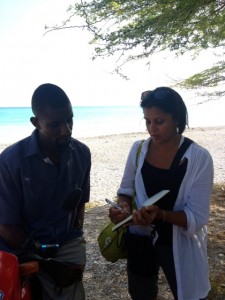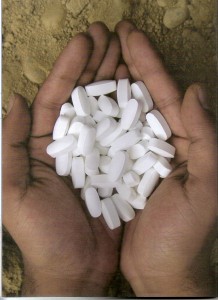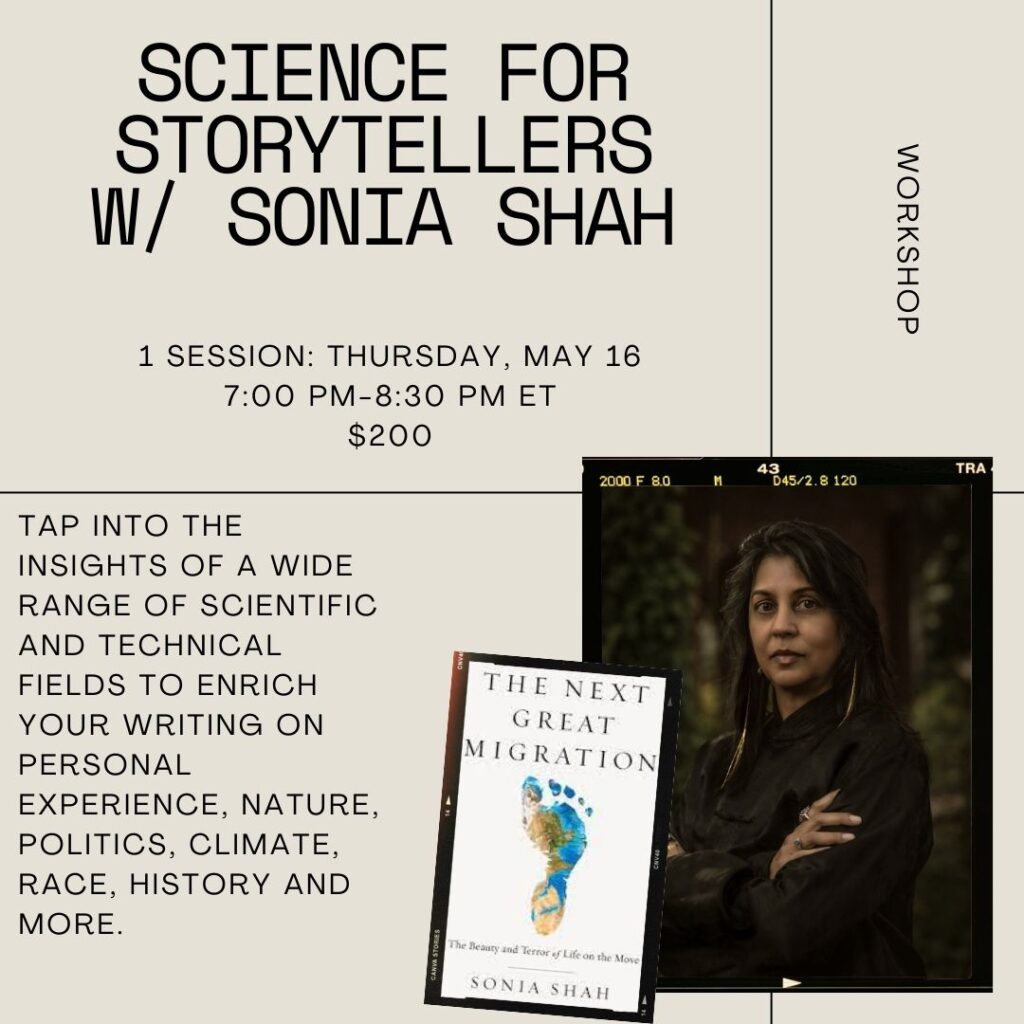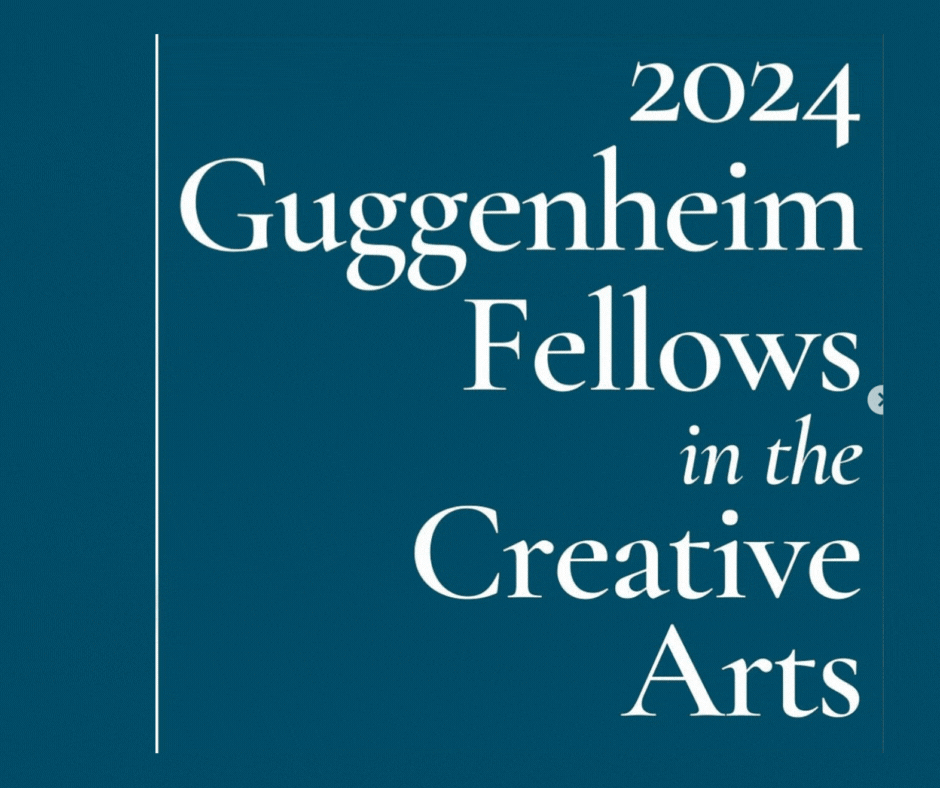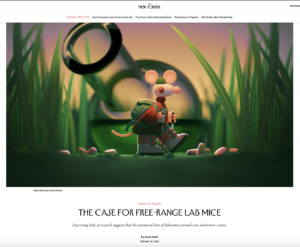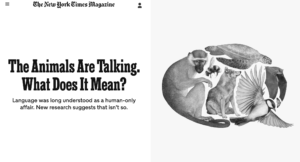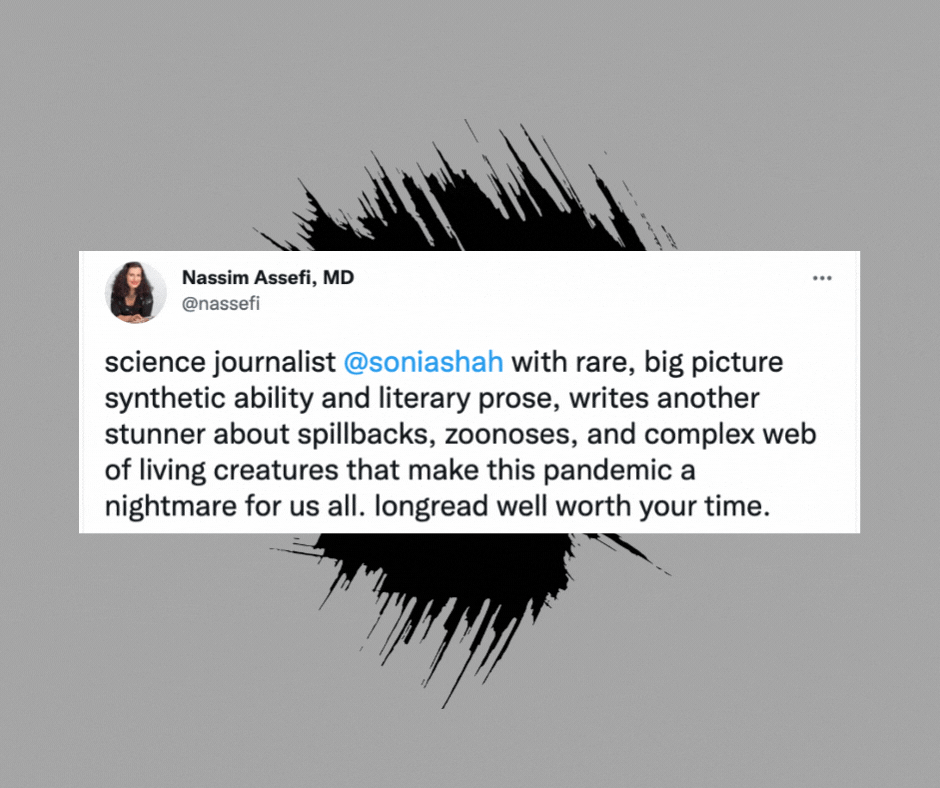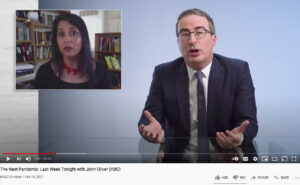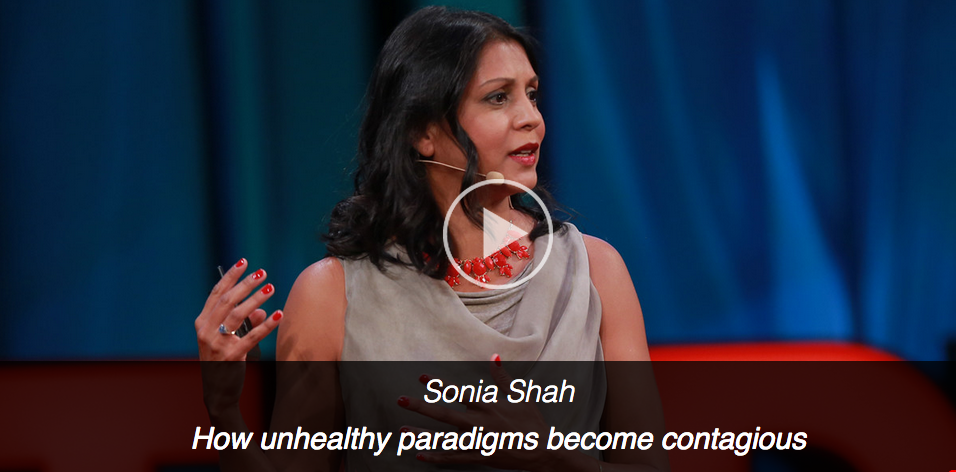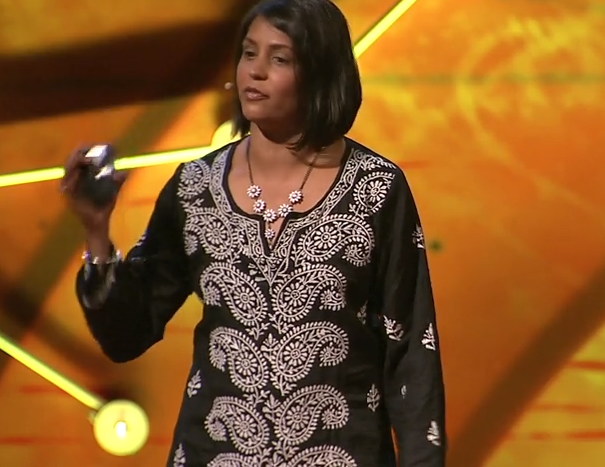On November 14, 2014, I’ll be delivering an address about the politics of malaria to the Annual Biomedical Research Conference for Minority Students, in San Antonio, TX. Looking forward to it! Time TBA.
Year: 2013

Gates Foundation/Flickr
My new article in Foreign Affairs–“A Cure for Africa’s Common Cold: Why Malaria Persists“–argues that getting rid of malaria is a whole lot harder than it seems. Check it out at Foreign Affairs.
Nearly 1 million people have viewed the video of my TED talk on malaria on the TED.com site, and another nearly 50,000 on YouTube. Imagine a world in which print media had such reach? Wow. If you haven’t seen it, check it out here.
Just returned from Haiti, where I was reporting on the ongoing cholera epidemic, including in the remote fishing village of Belle-Anse in the Sud-Est Department. To get there, we rode motorcycles, caught a ride on a packed minivan over the mountains and then chartered a 15-foot skiff with a periodically dysfunctional outboard engine. The story I found, of how cholera came to Belle-Anse and how it currently holds the village in its deadly thrall, was dramatic, absurd, and tragic all at once. I hope I can do it justice. I’ll be writing about it in my forthcoming book.
So happy to report that I’ve been selected to be the 2014 Ottaway Professor of Journalism at SUNY New Paltz! This is an endowed visiting professorship which I’ll be holding for the 2014 spring semester. There’ll be a few campus-wide lectures about my work and I’ll be teaching a small class on a topic of my choice, most likely something within the intersections of international politics, global health, and science journalism. Looking forward to it! As an added bonus, the lovely New Paltz campus is situated around the scenic Shawangunk mountains, a.k.a. the infamous Gunks for you rock climbing types. I may have to unearth my climbing shoes.
An important new report from the Amsterdam-based NGO Wemos describes how major multinational drug companies are continuing conduct unethical experiments on vulnerable populations including children and the mentally ill in South Africa and other developing countries, putting both their health and their human rights at risk.
I reported on unethical trials like these in South Africa for my book The Body Hunters. The drug industry’s stampede into developing countries like South Africa to conduct their experiments continues. With a high degree of inequality in many of these countries, there’s a great medical infrastructure in place to cater to the rich, and plenty of poor people upon which to wield it to conduct experiments. The experiments they conduct there often have little to do with the public health priorities of the local communities, mind you. Rather, the trials–which, as Wemos ably shows, endanger the health of enrolled subjects–are aimed at generating data to extend patents on drugs or market new ones in the major US and European markets. It’s the very definition of exploitation.
It’s not easy to report on these trials. Untangling the science, the ethics, and the regulatory hurdles is tricky, and it’s all too easy to sensationalize. Wemos gets it right. It’s a great report. Check it out here.
I’ll be giving a talk about malaria at the TEDGlobal conference in Edinburgh, Scotland this June. The session I’m in is called “Listening to Nature,” and the other speakers include the bee scholar Maria Spivak, and the conservationist and sound archivist Bernie Kraus (check out his very cool “Wild Sanctuary” here) among others. Best of all–Edinburgh! in June! Video of the talk is scheduled to post on TED.com in October.
April 1, 2014. 7 pm. “The Fever: how malaria has ruled humankind for 500,000 years,” Coykendall Science Building Auditorium, SUNY New Paltz, New Paltz, NY
January 22, 2014-May 14, 2014. “New approaches to science journalism.” Ottaway Professor of Journalism at SUNY New Paltz, New Paltz, NY
